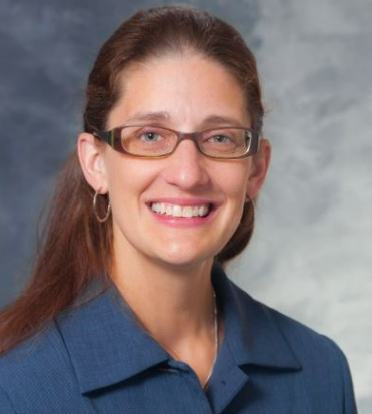CIMER’s Pfund Co-authors Article on Avoiding Burnout While Mentoring
September 11, 2022 | By Karen Rivedal, WCER Communications

CIMER Director and Senior Scientist Christine Pfund
Christine Pfund, director of WCER’s Center for the Improvement of Mentored Experiences in Research, and three other experts on mentorship share some of what they’ve learned in a recent article for the Harvard Business Review titled, “Don’t Let Mentoring Burn You Out.”
The article begins by explaining how the nature of mentorship contains within it the seeds of possible future burnout, as mentors give their time, attention, and resources to develop others and soon find that demand for their services will tend to increase the better they are at it.
“As a consequence, great mentors can easily get overcommitted, overwhelmed, and ultimately less effective in their mentor role,” the article states.
The article then describes four ways to identify and overcome mentor burnout. They are:
Know the signs and routinely evaluate risk factors. Mentors are advised to take time to reflect regularly as a means to identify the signs of burnout early, paying attention to signals like feeling chronically exhausted, being more cynical than usual, or showing signs of apathy.
Conserve your mentoring efforts. “Stop assuming that high-quality mentoring relationships can only occur in the traditional one-on-one format,” the article says. Instead, the authors suggest mentoring models that maximize mentors’ time while broadening their reach.
Make mentoring fun. The article borrows from a book by nine-time NBA champion and Golden State Warriers Coach Steve Kerr, who says in The Success Factor that one of his core values is wanting basketball to always remain fun. Similarly, the article authors advise mentors to “get back to your ‘why,’” leaning into the inspiration and fulfillment mentoring brings to their lives.
Talk about burnout. “Be open and transparent about your own capacity and discuss with your mentees the consequences of working from a place of reduced capacity,” the authors advise. It even can be helpful to show your imperfections, mentors are advised, using “strategic self-disclosure” to model self-awareness and self-care for mentees.
Check out the article for more details. Pfund’s co-authors are Ruth Gotian, chief learning officer at Weill Cornell Medicine; Chaveso Cook, facilitator at the Center for Mentoring Excellence; and W. Brad Johson, a psychology professor at the U.S. Naval Academy.


